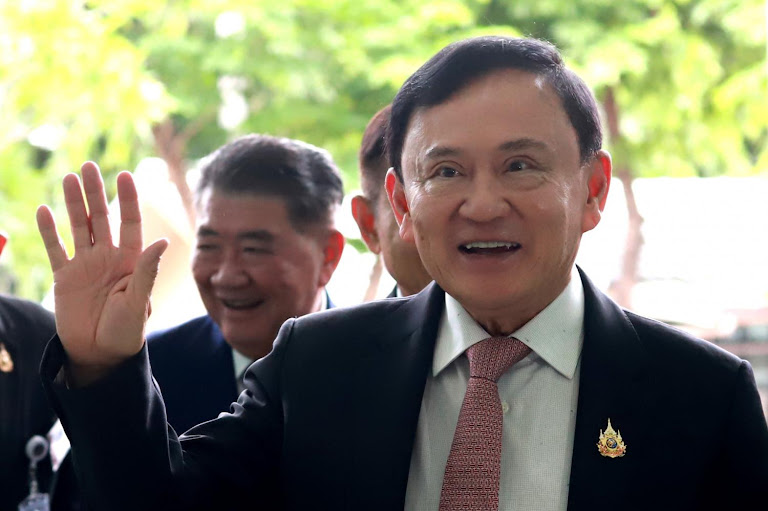Thailand’s Thaksin Case Shows Political Influence Undermines Justice System
Ministerial intervention in Thaksin’s medical treatment highlights systemic issues of political influence and unequal application of Thai law.

The ongoing drama surrounding Thaksin Shinawatra’s return to Thailand, his subsequent imprisonment, and swift hospitalization lays bare a set of deeply troubling questions about the rule of law, the influence of power, and the efficacy of Thailand’s institutions. The latest chapter, documented by the Bangkok Post, focuses on the ethical debate sparked by his out-of-prison medical treatment and the Public Health Minister’s intervention. But the surface-level story masks a far more complex interplay of forces.
Mr. Somsak Thepsutin’s disagreement with the Medical Council of Thailand’s (MCT) decision to punish doctors involved in Thaksin’s care raises immediate concerns about institutional independence. The fact that the Public Health Minister, serving as honorary president of the MCT, is publicly questioning a disciplinary action smacks of political interference. Thaksin’s own guarded response—“It depends on how people see it”—speaks volumes. He isn’t denying the possibility of influence, merely acknowledging the subjectivity of perception.
This isn’t just about one man and his medical treatment. It’s about the erosion of trust in the systems designed to ensure fairness and accountability. It’s about how power, perceived or real, warps the landscape. The allegations of privileged conditions at the Police General Hospital (PGH), the leaked MCT chat messages, the questions surrounding treatment fees—all coalesce into a narrative of unequal treatment under the law. The claims by former Democrat MP Chanchai Issarasenarak and Pol Gen Sereepisuth Temeeyaves regarding irregularities in Thaksin’s hospital stay further muddy the waters.
The broader implications extend beyond this specific case. We must consider:
- The Integrity of the Medical Council: Can the MCT effectively regulate medical professionals when its decisions are subject to political scrutiny?
- The Rule of Law: Does the perception of preferential treatment for the powerful undermine public confidence in the justice system?
- Political Stability: How does this ongoing saga affect Thailand’s already fragile political landscape, particularly given Prime Minister Paetongtarn Shinawatra’s connection to the case?
The potential for Thaksin to skip his upcoming Supreme Court hearing, as rumored and predicted by Seri Ruam Thai Party leader Pol Gen Sereepisuth Temeeyaves, introduces yet another layer of uncertainty. His dismissive retort about the general’s wellbeing deflects from the central issue but also suggests a certain level of confidence, perhaps even defiance.
The Thaksin case isn’t just about justice or legality; it’s about Thailand grappling with its past, its present, and its future. It’s a microcosm of the country’s struggles with power, accountability, and the enduring tension between democratic ideals and entrenched interests.
Thaksin’s call for Thailand to “stop choosing sides” and “stand with the people and the country” rings hollow when juxtaposed with the allegations surrounding his own actions. It’s a plea for unity that ignores the deep divisions exposed by his return. The core issue, as always, remains: are the rules the same for everyone, or are some more equal than others? The events of the coming weeks, particularly Thaksin’s potential court appearance on June 13th, will offer a telling, even defining, answer.









